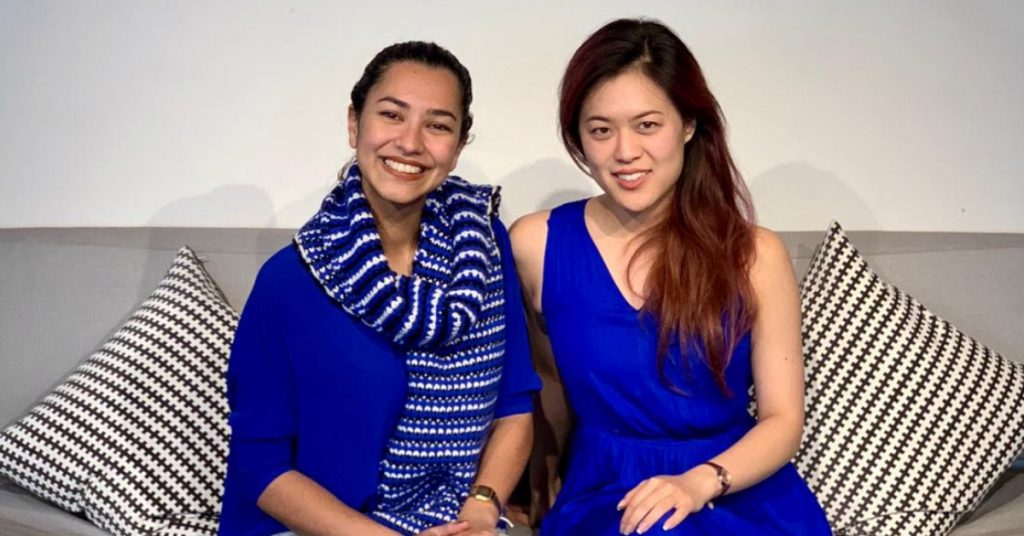Imagine that you have a brilliant business idea that is going to change the world for the better, and you decide to charge forward towards it.
However, you run up against a roadblock: lack of financing to get started, or you need funds to take your idea further but can’t get them.
If you’re in Southeast Asia, you’re not alone.
According to the McKinsey Global Institute (MGI), around 30 million SMEs in SEA are underserved by the existing financial systems. This equates to a collective credit shortfall of USD175 billion.
On the entrepreneurs’ side, the lack of financial knowledge, financial documentation & collateral requirements, high interest rates, and complicated loan approval procedures deter micro enterprises from accessing funding.
Financial institutions on the other hand generally consider SMEs to be high-risk and high-cost clients to acquire, underwrite, and serve.
But there is still untapped potential. The micro-enterprise market is estimated to be a largely untouched USD350 billion global opportunity.
Bridging The Gap
In August 2018, while doing their Masters in Business Administration (MBA) at the University of Oxford, two future co-founders came to a realisation.
“There was a lot of capital and talent going into startups which were adding incremental conveniences to everyday life, but very few were really trying to drive big change for some of the difficult problems we have in the world today,” said Marisha Naz.
They did sit around and complain for a while, but then decided, why not fix it? They decided to tackle the global problem of financial inclusion and financial literacy
After looking into the subject a little further, they decided to specifically target micro-entrepreneurs.
“This is because in most countries, especially in emerging markets, micro-entrepreneurs are the backbone of the economy, and with greater financial literacy and inclusion, they can expand their businesses to become SMEs which generate more wealth, promote inclusive growth and has a multiplier effect on other social issues,” said Marisha.
Thus, Marisha and Katherine Li decided to launch Butterfly FX to address these needs.
A Geographically Agnostic Team
Marisha and Katherine call themselves an east meets west team—Katherine is American from San Francisco, while Marisha is Malaysian and has worked across Asia.
“Katherine brings the Silicon Valley style startup execution while I bring the grass-root connections and financial inclusion expertise,” said Marisha.

In essence, Butterfly FX provides a platform for micro-entrepreneurs to learn financial literacy, along with the tools to run and document their business better for free. This includes features like book-keeping and cashflow management.
They currently use storytelling and animation as a method to teach financial literacy, combining a hybrid of digital and in-person solutions to achieve their objectives.
“We use the data generated to create an inclusive risk indicator that can help banks connect to credit worthy and credit ready borrowers. We charge financial institutions a fee to connect to these micro entrepreneurs.”
The team had pilot runs in Haiti, Malawi and SEA, before deciding that SEA was the best region to launch this product in, as the mix of market size, market need and technology infrastructure were the most compelling.
They are now using Malaysia as a base for Southeast Asia.
At the moment, they are also running 2 larger pilots in the Philippines and planning for one in Malaysia, and are in talks with potential partner organisations in Thailand and Indonesia.
The Struggle To Spread Their Wings
With a vision to be a social enterprise where they are accountable to 2 bottom lines—financial and impact returns—the duo has found it a challenge to find investors who understand and appreciate this.

“If I say I am a fintech (which we are technically), many people are interested, but the moment I say I am also a social enterprise, some people assume you are not interested in making money or that your solution is not scalable,” explained Marisha.
“You can ‘do good’ and be profitable, one does not have to come at the expense of the other.”
However, they’ve also been seeing some external validation of their idea; they were selected for the UN Capital Development Fund’s Financial Innovation Lab for financial inclusion, and were also finalists in The Fast Company’s World Changing Ideas in the developing world technology category.
One of their proudest achievements so far is that they were able to get started with nothing, experiment and implement quickly and cheaply.
“Most people ask us how 2 people managed 3 global pilots in under 6 months, alongside trying to graduate from Oxford and relocate across the world—all with no external funding,” shared Marisha.
Now, their dream is to serve at least 5 million micro entrepreneurs and being the number 1 preferred partner for financial institutions to reach bottom of the pyramid customers.
“[We want] to truly unlock the power of inclusive finance and reimagine how financial services can serve those who need it the most.”
- You find out more about Butterfly FX on their website here.
Feature Image Credit: Butterfly FX













